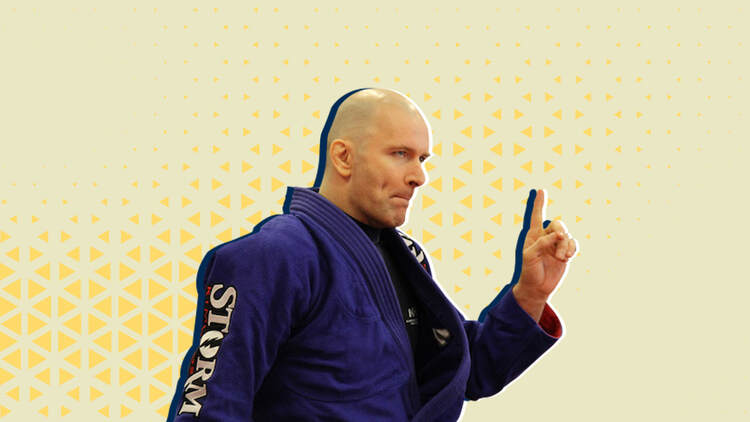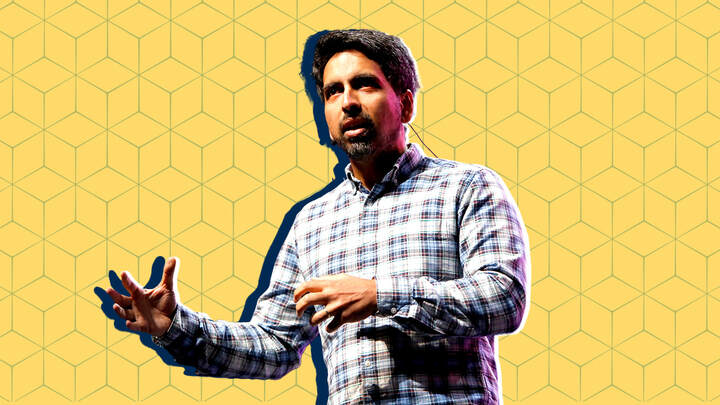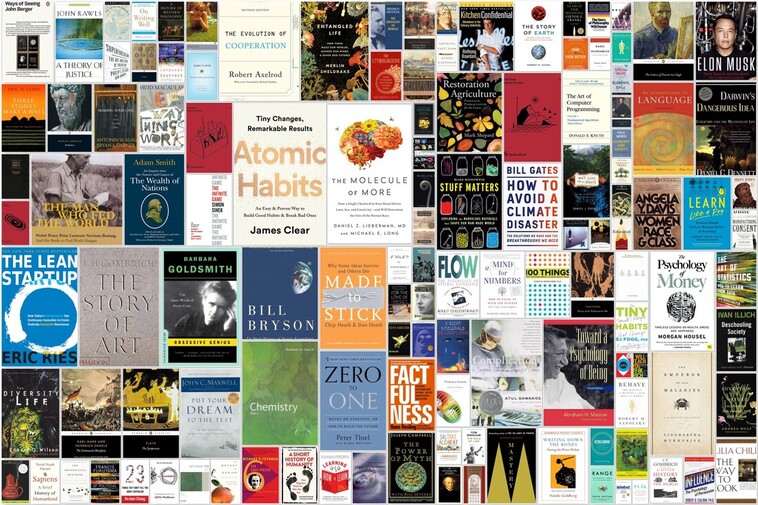|
John Danaher is one of the most distinguished grappling trainers of all time. He has coached such legends as UFC world champion Georges St. Pierre, Gordon Ryan, and Garry Tonon.
Moreover, his contributions to the sport of jiu jitsu are legendary. Danaher's innovative leg lock system has fundamentally altered the way athletes train, and has contributed to a massive shift in competitive practice. Given these accolades, it may come as a surprise that Danaher himself has never competed. After living with severe knee problems and enduring multiple surgeries, he recognized early on that he would never be able to compete at a world-class calibre. What he could do, as a former philosophy PhD student, was to use his mind and superior thinking skills to develop cutting edge strategies and tools to offer his pupils. More than just components in a philosophy of martial arts, these strategies can be repurposed to suit almost any skill, and can accelerate your own personal journey towards expertise. Here are five mental models that Danaher uses to propel his disciples to mastery.
Salman Khan is a true pioneer of online education. The Khan Academy videos he started making in 2005 have been viewed over 1.8 billion times, and his work has helped to accelerate the learning of more than 100 million people. His creative approach to distance education—removing long-winded lectures from the equation and focusing on mastery learning—has revolutionized the way people acquire new knowledge and skills.
How does Sal Khan generate his creative insights while maintaining a feverish pace of productivity? What approach has helped Khan to redesign education from first principles, while larger institutions have struggled to adapt?
Note: this post is a long one, and lists over 120 books. I included an index below to help navigate it.
Reading List Index:
|



 RSS Feed
RSS Feed
